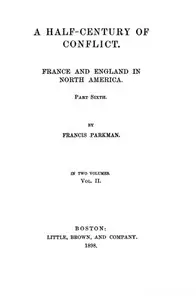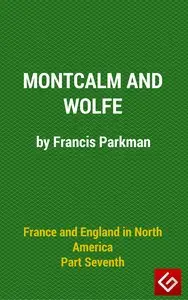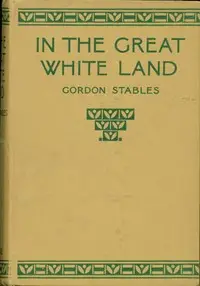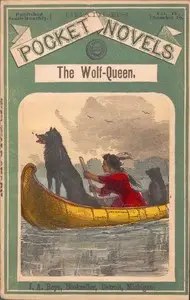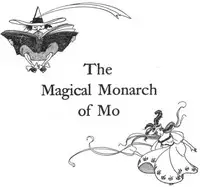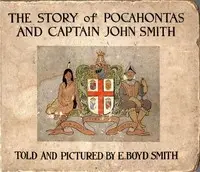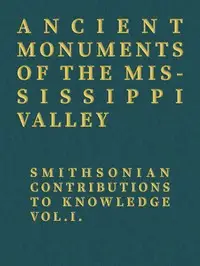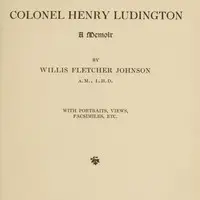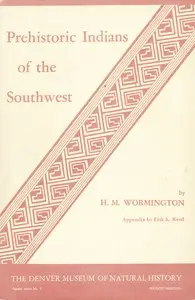"France and England in North America, Part III: The Discovery of the Great West" by Francis Parkman is a historical narrative written during the late 19th century. The book focuses on the exploration and discovery of the early American West, detailing the efforts of European powers, particularly France, in these vast and largely uncharted territories. It explores the contributions of notable figures like Robert Cavelier de La Salle, as well as the interactions with Native American tribes during this era of exploration. The opening of the narrative sets the stage for detailing the adventures and undertakings of explorers in the Great West, emphasizing the obscurity of the history surrounding this region prior to documented narratives. Parkman introduces the significance of various historical documents and archives that have not been previously utilized, laying the groundwork for a thorough exploration of figures such as La Salle and his ambitious expeditions. The text reveals La Salle's early life, ambitions, connections with the Jesuits, and his endeavors as he navigates the challenges of exploration in search of new trade routes and the legendary passage to the South Sea—a quest that entailed significant risks amid the untamed wilderness and interactions with indigenous peoples. This sets a compelling tone for the adventures that follow throughout the rest of the work. (This is an automatically generated summary.)

France and England in North America, Part III: The Discovery of the Great West (1870)
By Francis Parkman
"France and England in North America, Part III: The Discovery of the Great West" by Francis Parkman is a historical narrative written during the late ...
Francis Parkman Jr. was an American historian, best known as author of The Oregon Trail: Sketches of Prairie and Rocky-Mountain Life and his monumental seven-volume France and England in North America. These works are still valued as historical sources and as literature. He was also a leading horticulturist, briefly a professor of horticulture at Harvard University and author of several books on the topic. Parkman wrote essays opposed to legal voting for women that continued to circulate long after his death. Parkman was a trustee of the Boston Athenæum from 1858 until his death in 1893.




